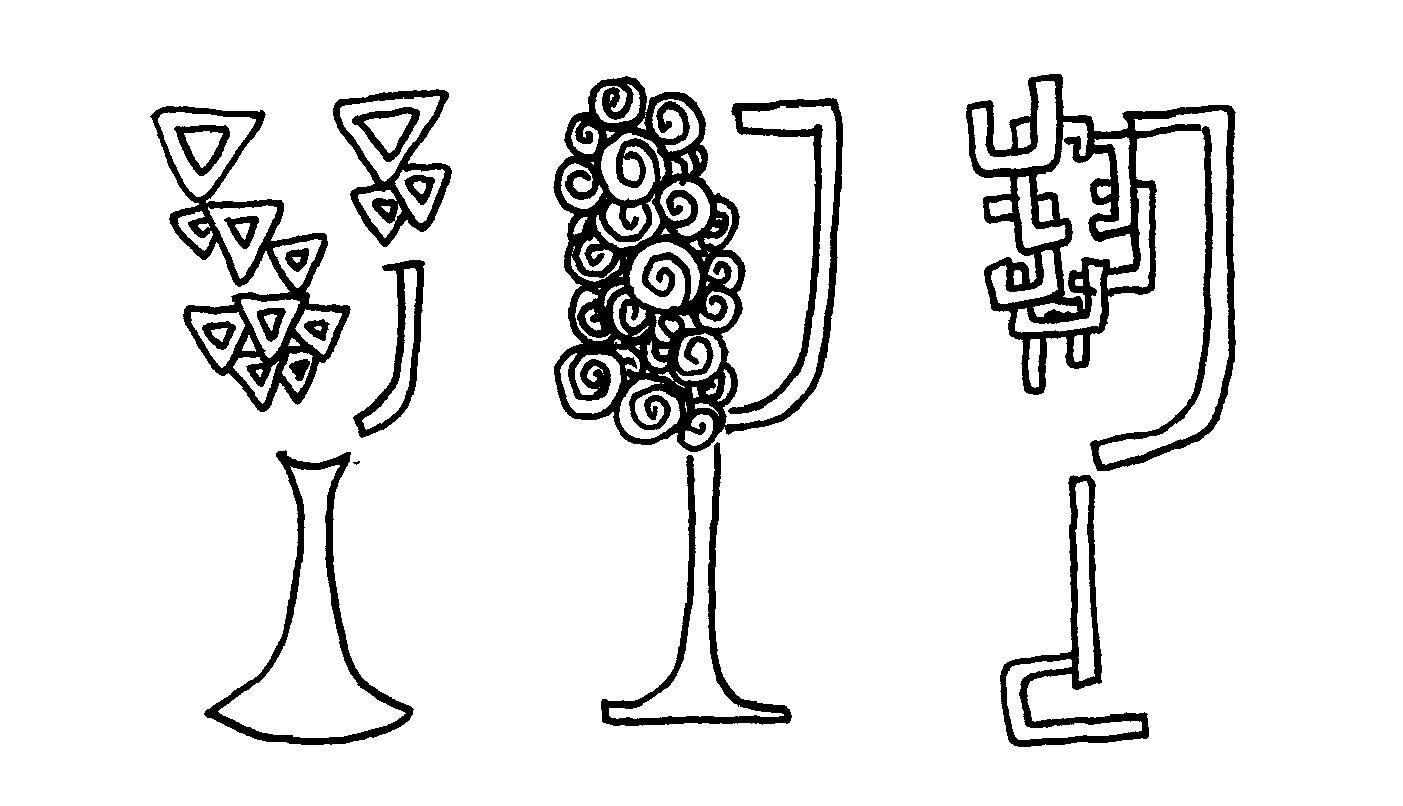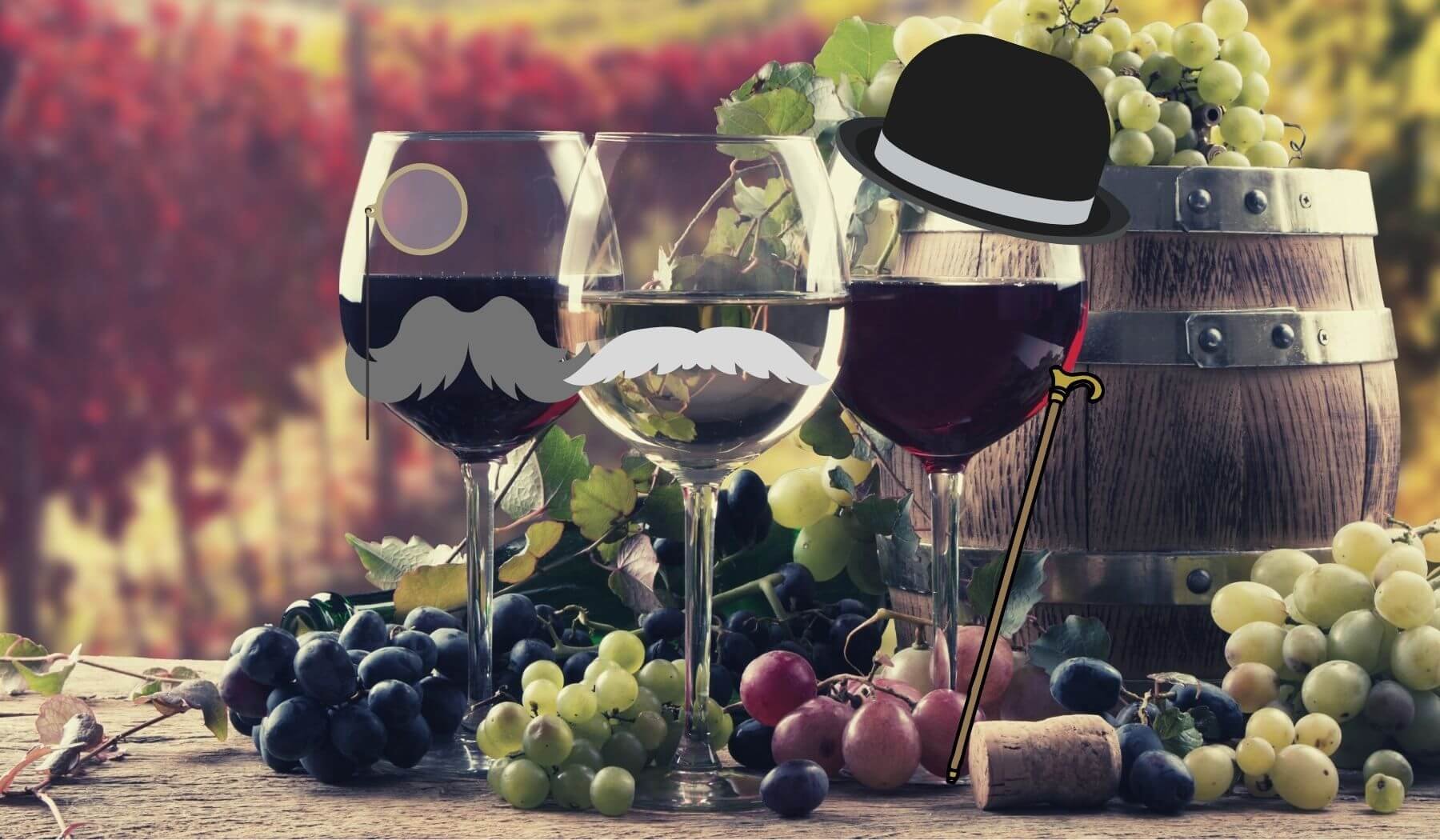The One Book Every Wine Lover Should Own
Some years ago I had a date coming over. I was going to impress her with a fish dish taken from a Raymond Blanc* cookbook (sophisticated indeed!). It offered a wine pairing. A Bourgogne. But wait. What the hell was a Bourgogne? A grape, a place, a winery, a person?
Now, believe it or not, this was in a time before the internet (I was verrrrrry young). I went out to the supermarket to buy my groceries. They had a good wine section but I couldn’t find this Bourgogne thing.
So I went to a wine merchant. I obviously didn’t know how to pronounce “Bourgogne” but he was kind enough not to laugh when I tried. He explained that it was a region, one better known to Brits (that’s me) as Burgundy. Phew. Dinner saved, date impressed.
After this I went out and bought a wine atlas. The World Atlas of Wine by Jancis Robinson and Hugh Johnson is THE book to have. It’s pricey at $45, but you can pick up old editions a lot cheaper, which will cover the essentials (just not newer regions and trends).
But why a wine atlas now the internet does exist? For one, it’s actually easier to go straight to the information you want without having to hunt through web pages. The maps are better and it’s nice to browse through and pick up tidbits. Also, I like having one authoritative reference – there’s so much stuff on the internet that it can become overwhelming, and not all of it is accurate.
Next time you open a bottle reach for the atlas. It will provide a lot of context for what you are drinking (the region, grapes, methods, history, and so on). It makes wine-drinking a whole lot more interesting, (not to mention will make you a more impressive date).
*Legendary French chef












Depending on what your Thanksgiving looks like it could include an array of different food menus. What if I told you I had a magic wand that could make one wine pair with (nearly) every single food item imaginable?